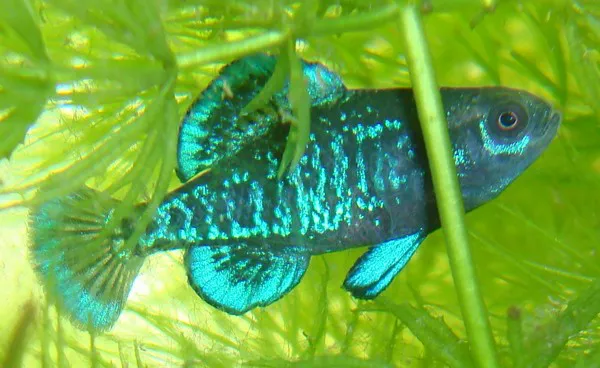Betta fish, also known as Siamese fighting fish, are popular pets known for their vibrant colors and graceful swimming. Proper feeding plays a crucial role in maintaining their health and well-being. As an owner, it’s essential to understand how often to feed your betta fish to ensure they receive adequate nutrition without overfeeding, which can lead to various health issues. In this comprehensive guide, we will delve into the factors that determine feeding frequency and provide you with practical tips to keep your betta fish happy and healthy.
Understanding Betta Fish Dietary Needs:
Betta fish are carnivorous by nature, primarily feeding on insects, larvae, and small crustaceans in their natural habitat. In captivity, they require a well-balanced diet that replicates their natural feeding habits. High-quality betta fish pellets or flakes formulated specifically for bettas serve as their staple food. These commercially available foods are designed to meet their nutritional requirements, including protein, vitamins, and minerals. Additionally, occasional treats such as freeze-dried or live foods can be offered to provide dietary variety.
Factors Influencing Feeding Frequency:
Several factors contribute to determining how often you should feed your betta fish. Understanding these factors will help you establish a feeding routine that suits your fish’s specific needs:
Age:
Young bettas require more frequent feeding due to their rapid growth and metabolism. As they mature, their feeding frequency can be gradually reduced.
Size:
The size of your betta fish plays a role in determining the amount of food they require. Larger fish generally have higher metabolic rates and may need to be fed more frequently.
Activity Level:
Active bettas burn more energy and may need more frequent feeding. If your fish is particularly active, consider adjusting their feeding schedule accordingly.
Environment: The temperature of the tank affects the betta fish’s metabolism. In warmer environments, their metabolic rate increases, requiring more frequent feeding. Conversely, in cooler environments, they may require less food.
Establishing a Feeding Schedule:
A well-regulated feeding schedule is crucial for maintaining the health of your betta fish. Here’s a general guideline to help you establish a feeding routine:
Start with small portions:
Feed your betta fish a small amount of food, such as 2-4 pellets or flakes, 2-3 times a day. This allows them to consume the food within a few minutes, preventing overeating and minimizing waste.
Observe their behavior:
Pay close attention to your betta fish during feeding. If they consume all the food within a couple of minutes and show no signs of distress or bloating, it indicates that the portion size is appropriate. Adjust the amount accordingly if they consistently leave behind uneaten food or if they appear bloated.
Introduce fasting days:
Betta fish benefit from occasional fasting periods. Once or twice a week, skip feeding to allow their digestive system to rest. This mimics their natural feeding patterns and helps prevent digestive issues.
Consider interactive feeding: Engage your betta fish with interactive feeding methods such as feeding them through puzzles or food-dispensing toys. This stimulates their natural hunting instincts and provides mental stimulation.
Avoid overfeeding:
Overfeeding is a common mistake that can lead to obesity, bloating, and other health problems. Remember that betta fish have small stomachs, and it’s important not to exceed their dietary requirements.
Conclusion:
Feeding frequency plays a vital role in maintaining the health and well-being of your betta fish. By understanding the factors that influence feeding frequency and establishing a consistent feeding schedule, you can ensure your fish receives adequate nutrition without overfeeding. Remember to observe their behavior, adjust portion sizes accordingly, and introduce fasting days to promote a healthy digestive system. Providing a balanced diet and avoiding overfeeding will contribute to the long and vibrant life of your betta fish, fostering a thriving aquatic companion in your home.
Recommended reading:


























